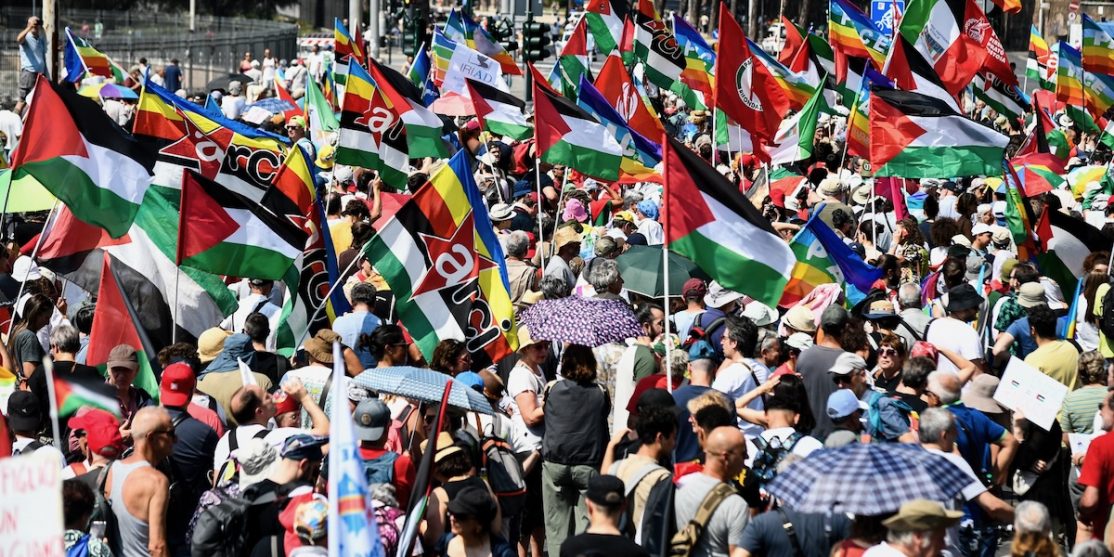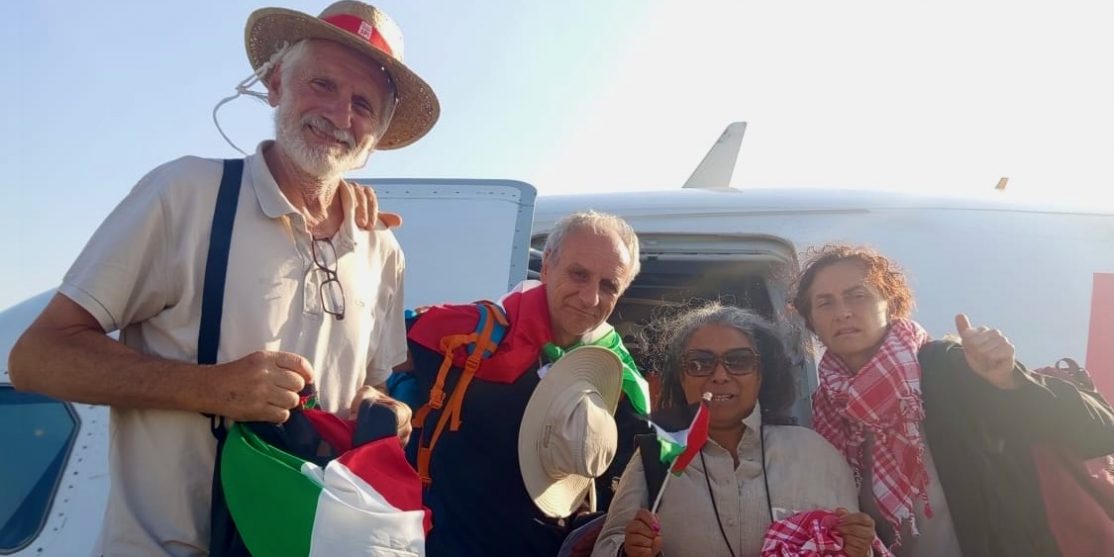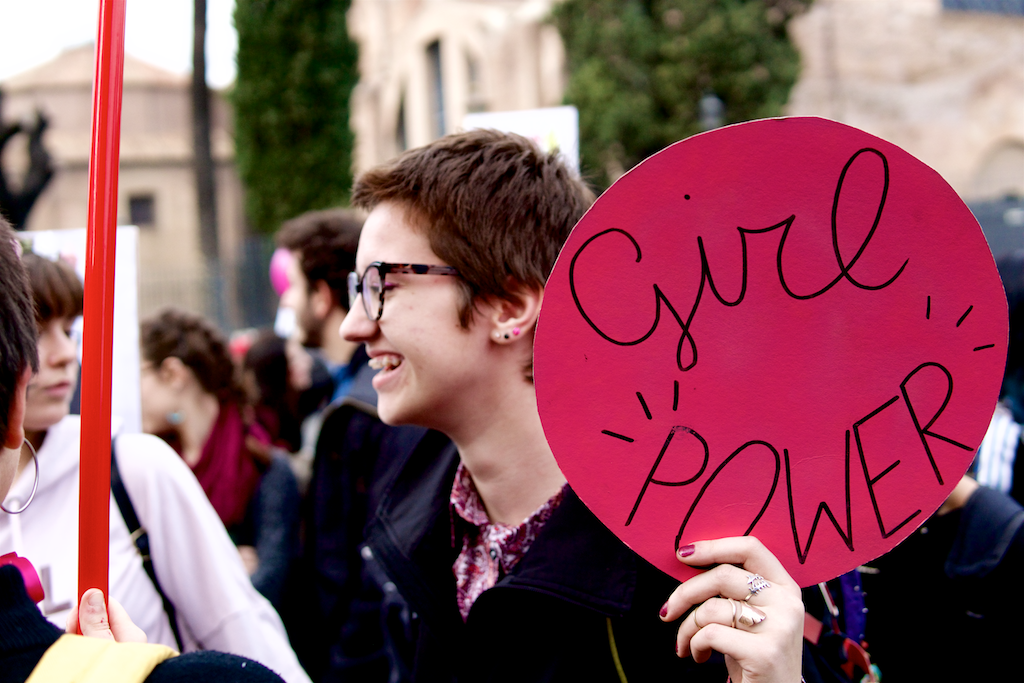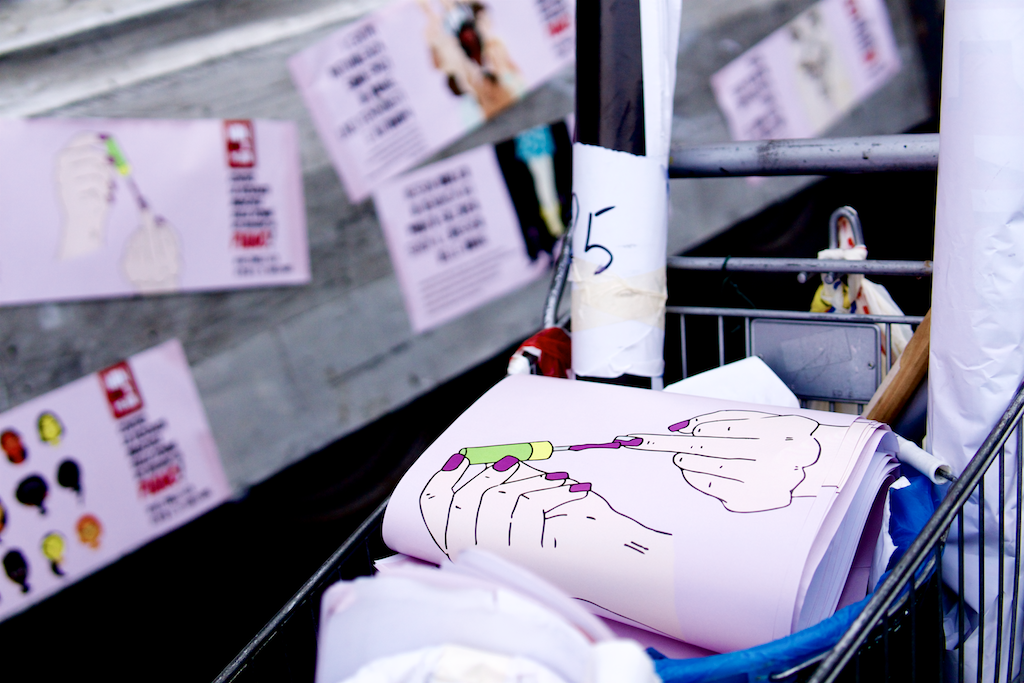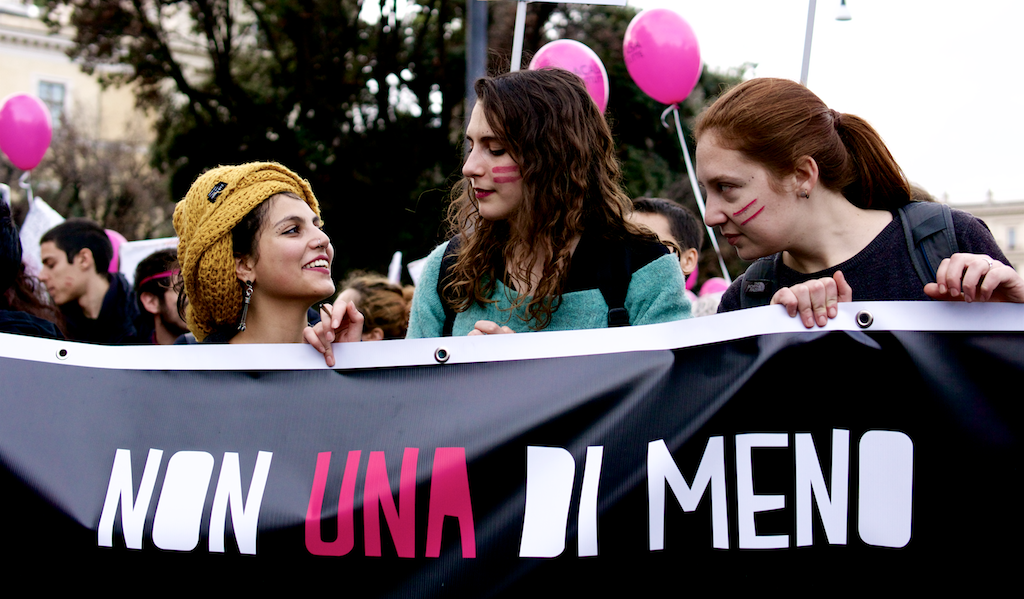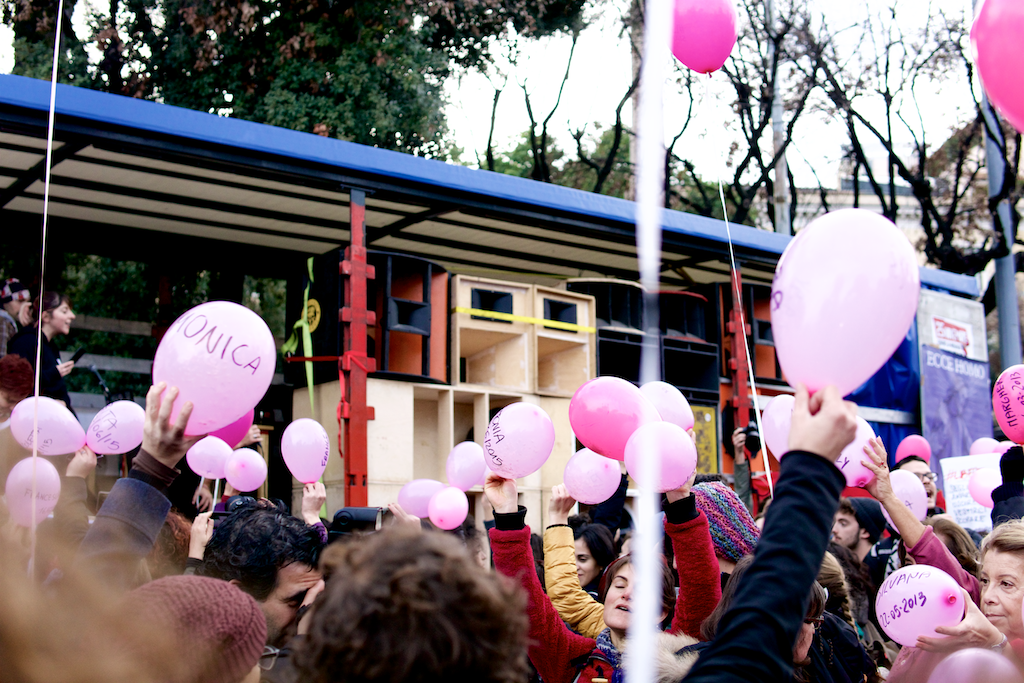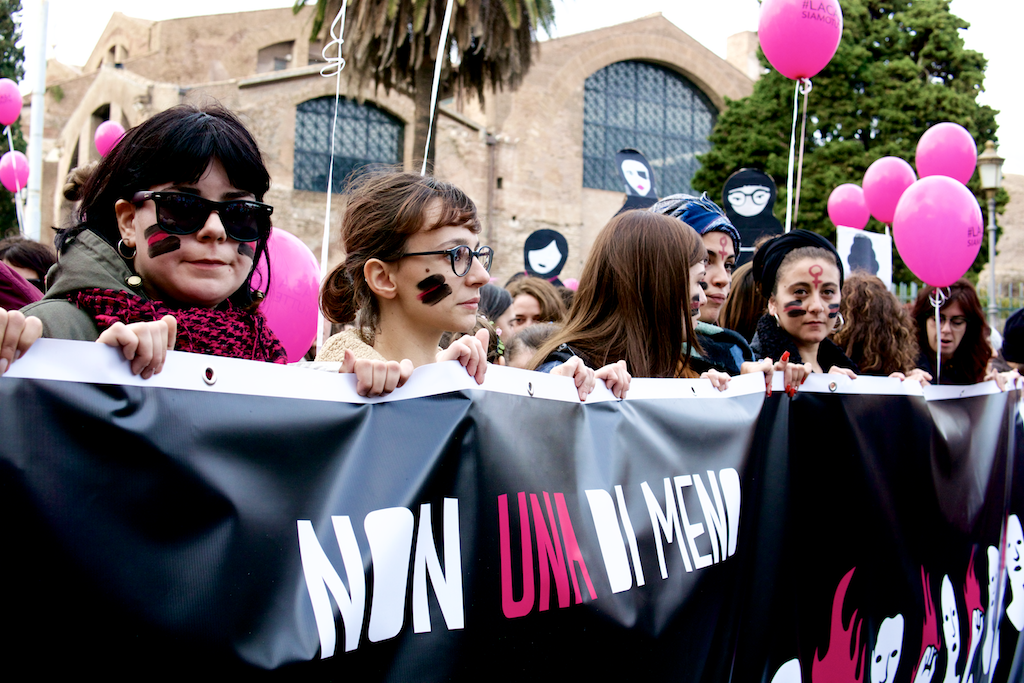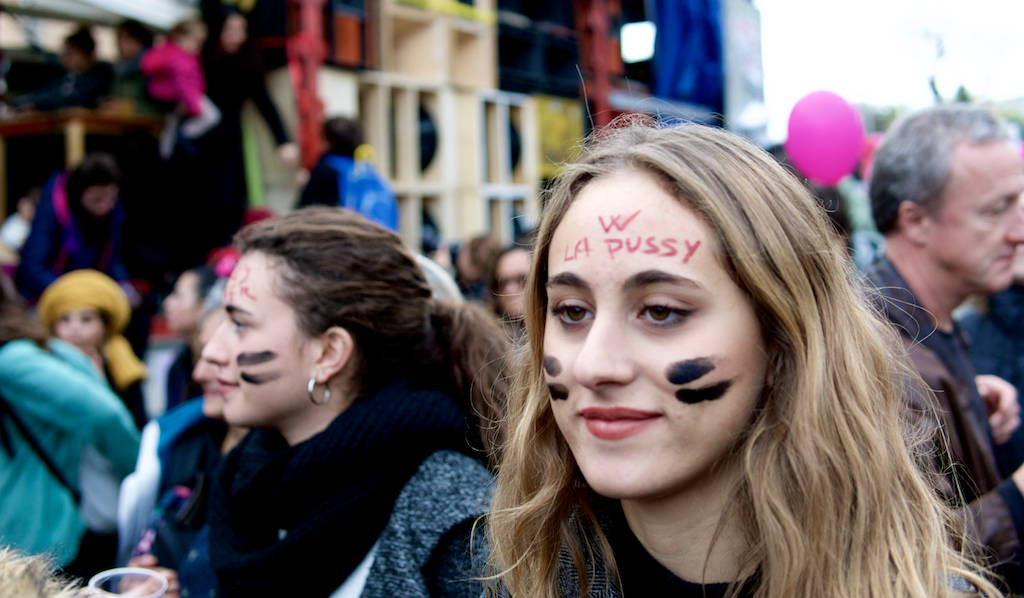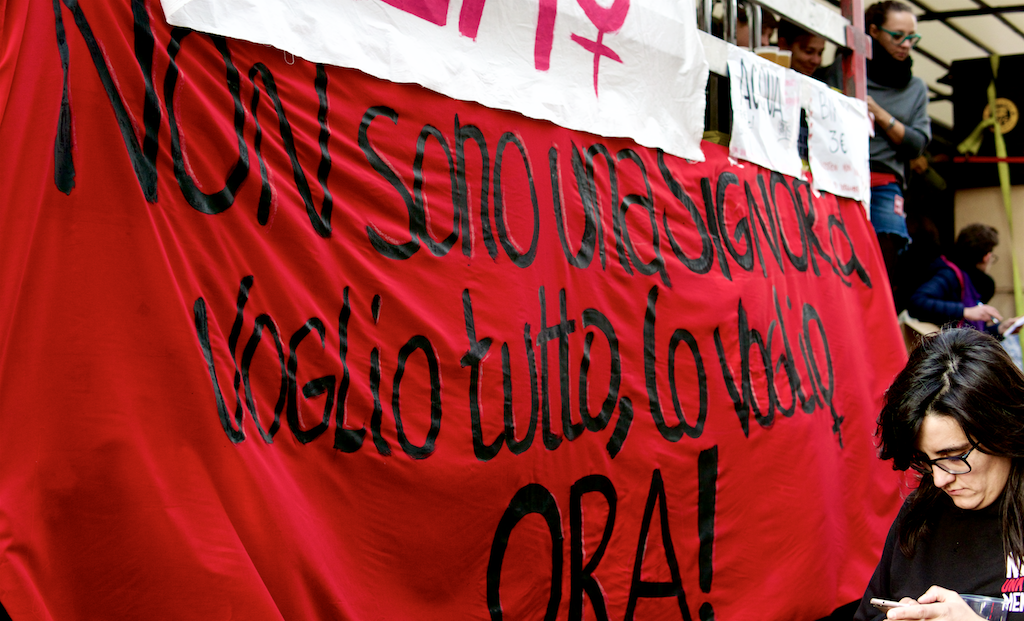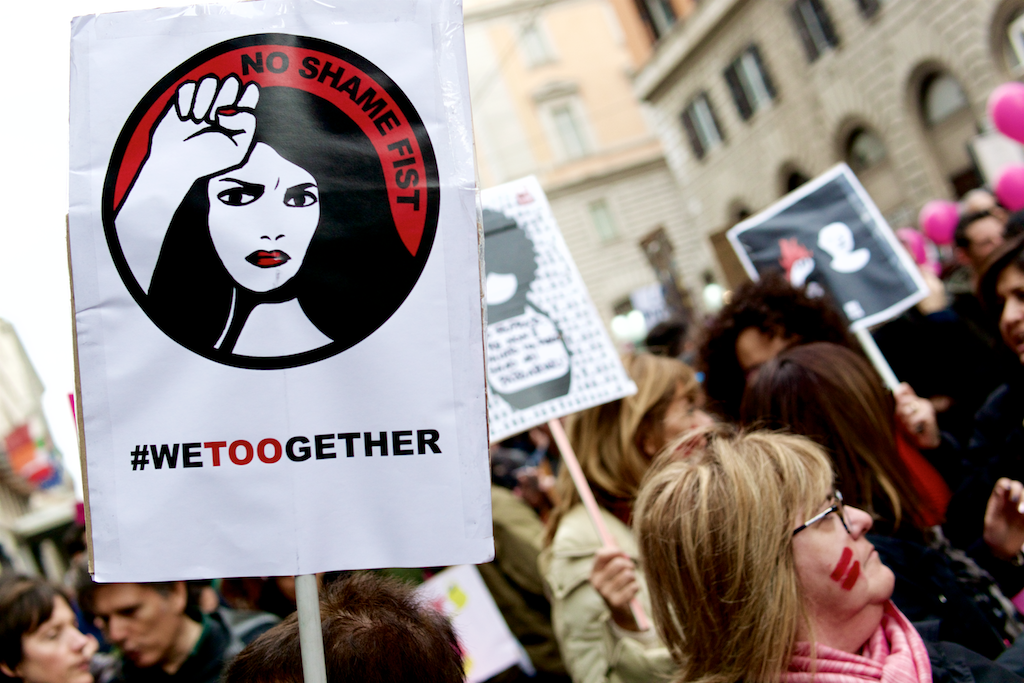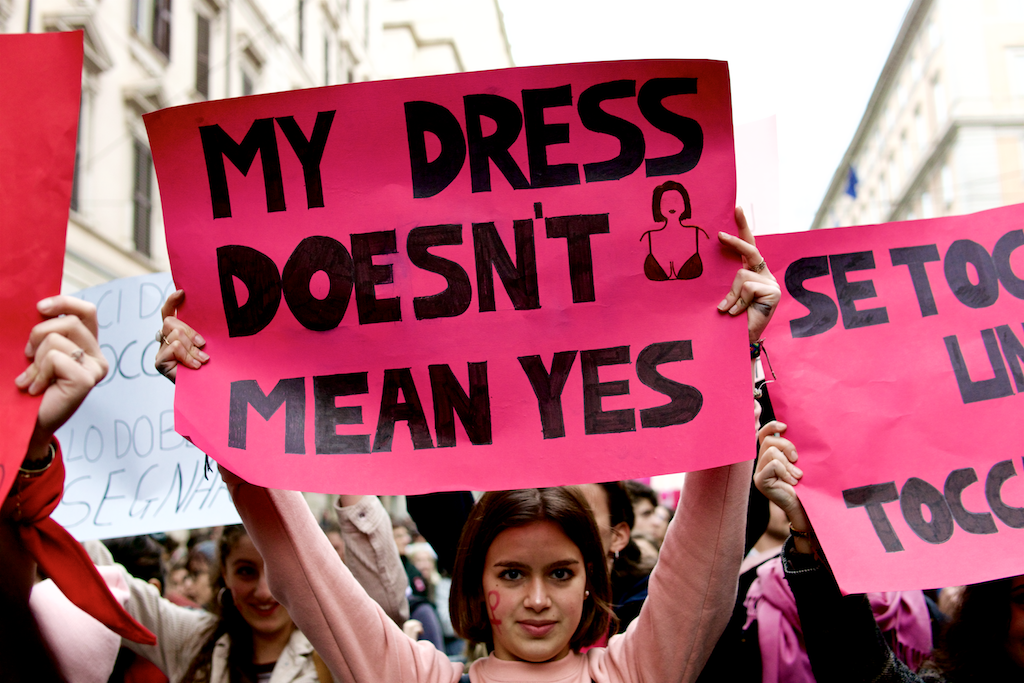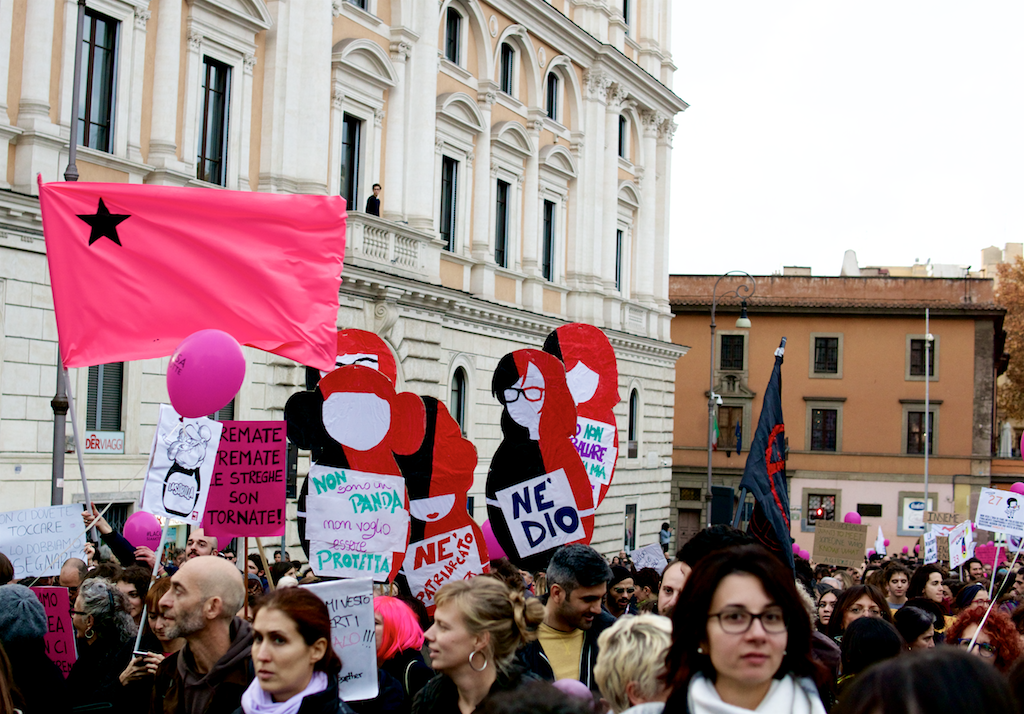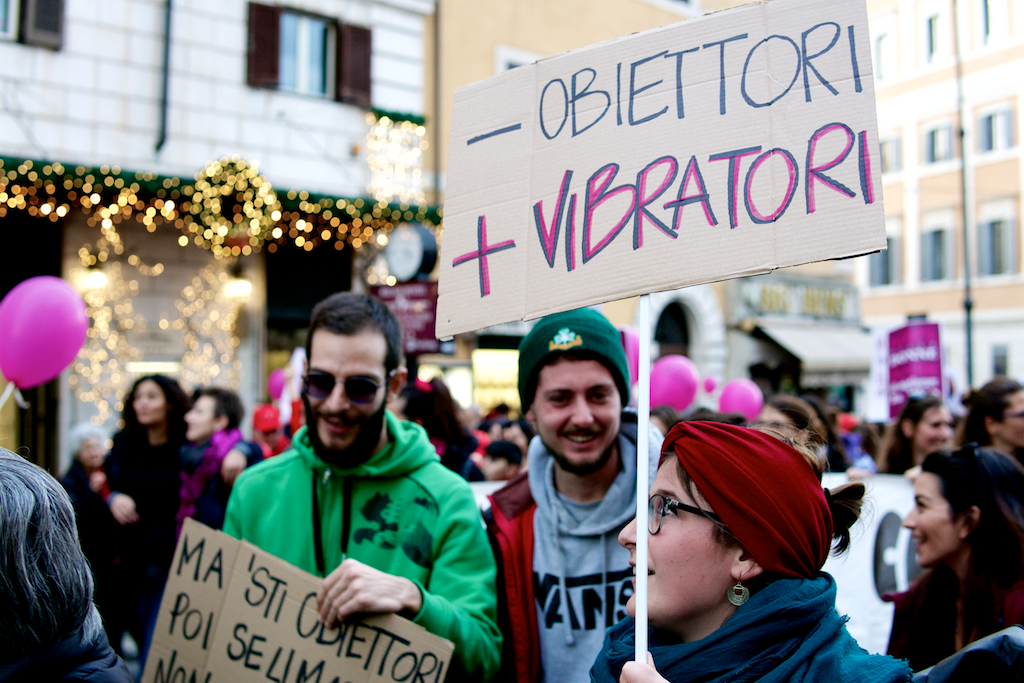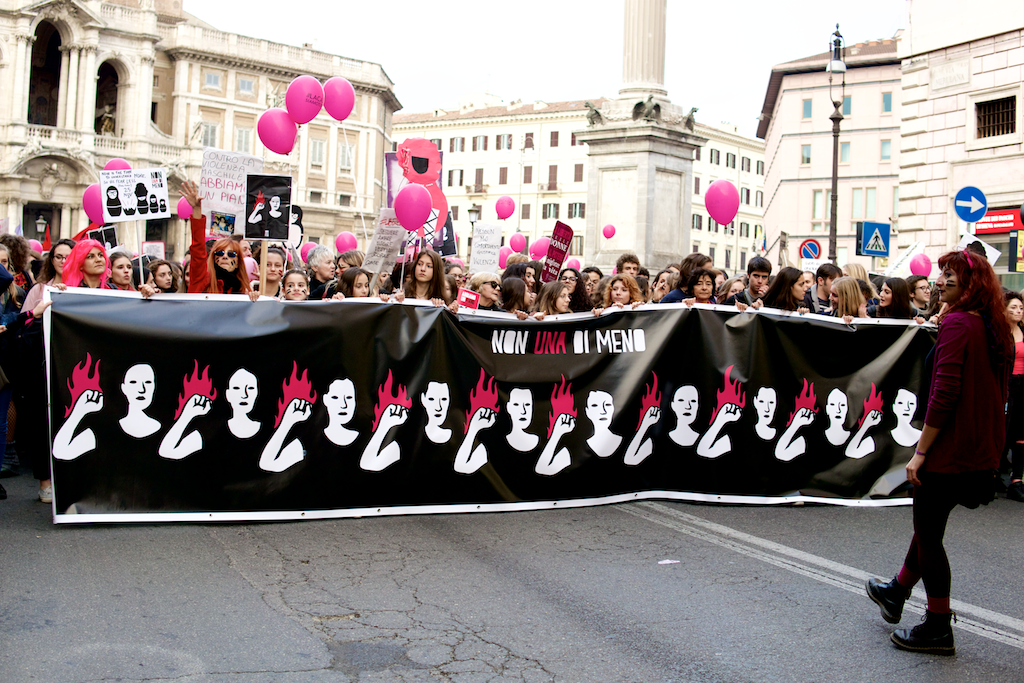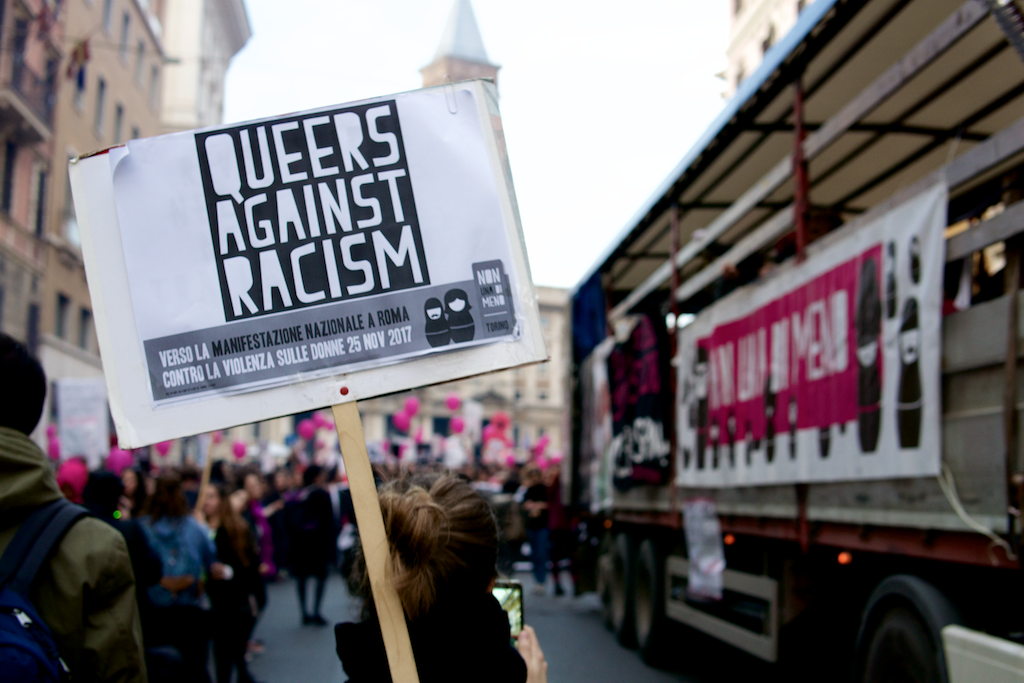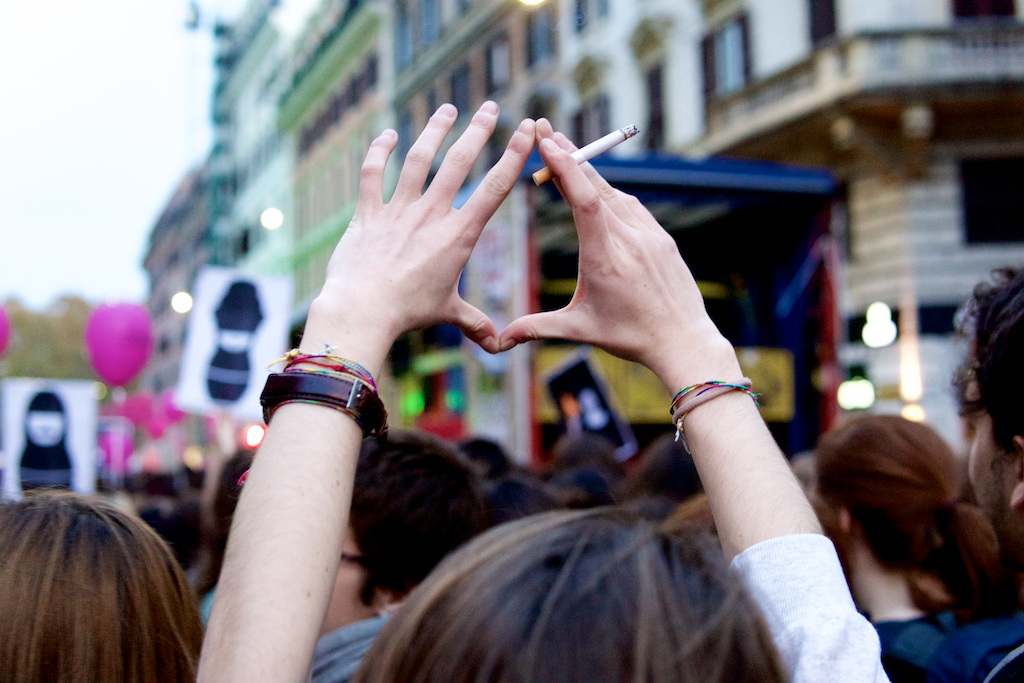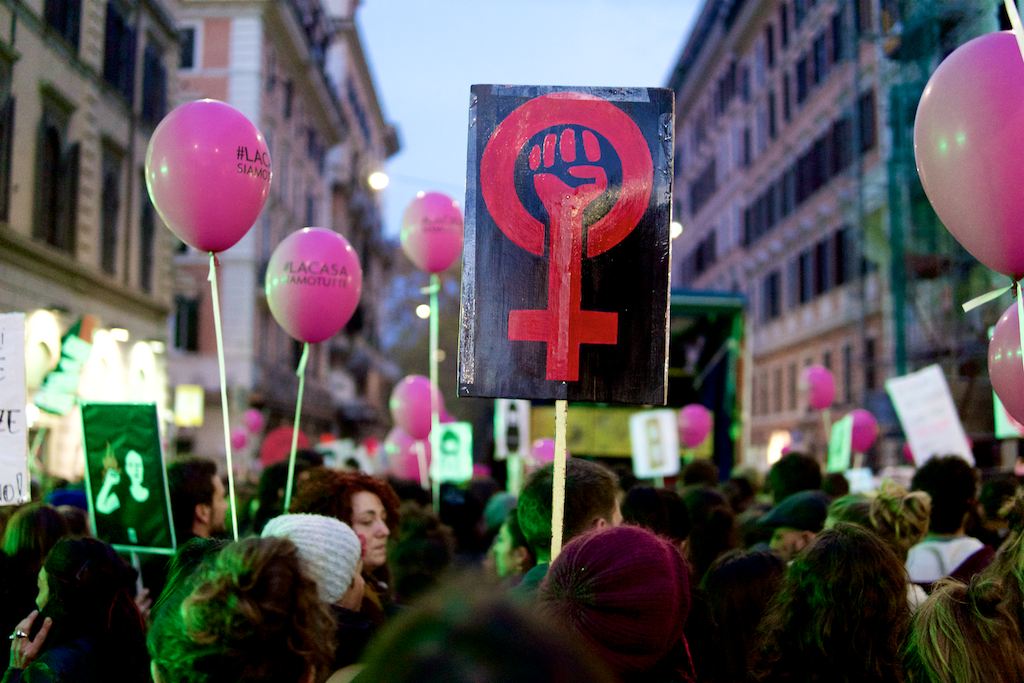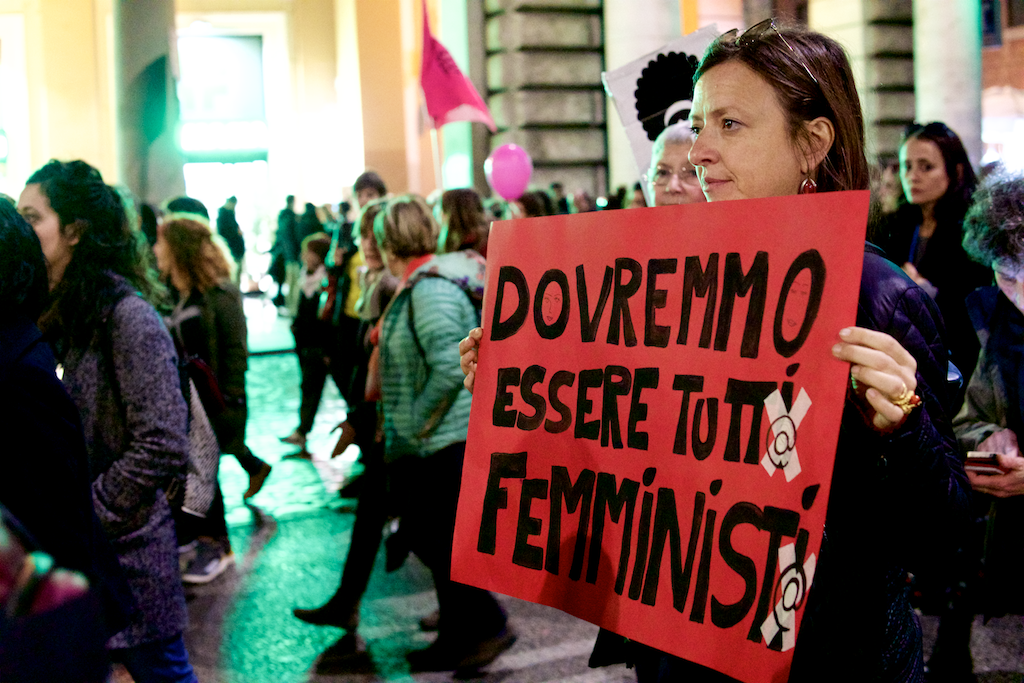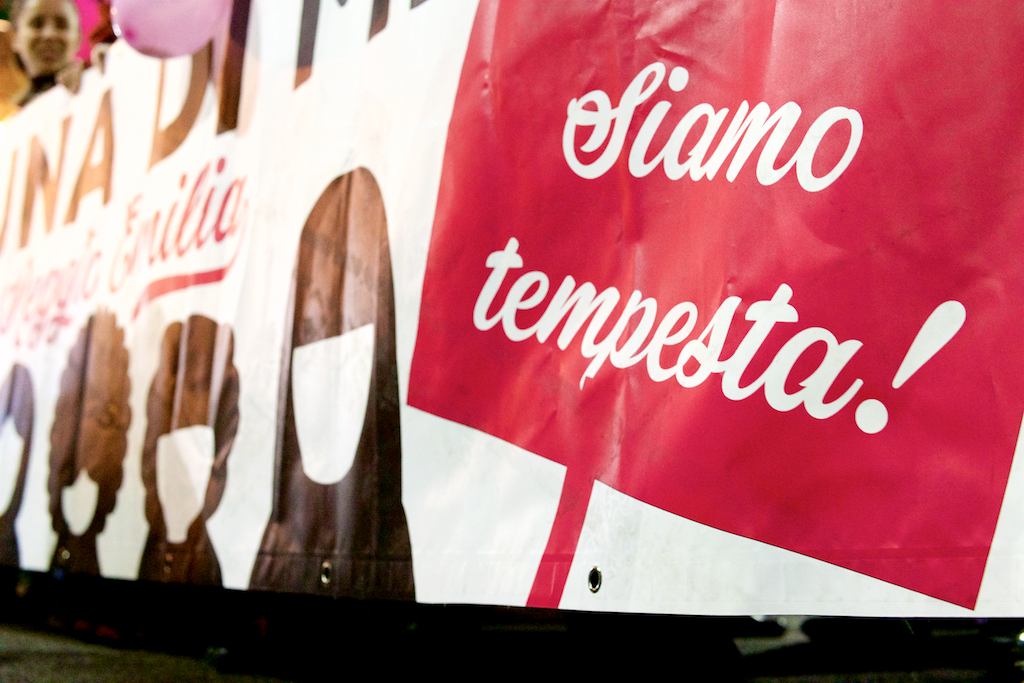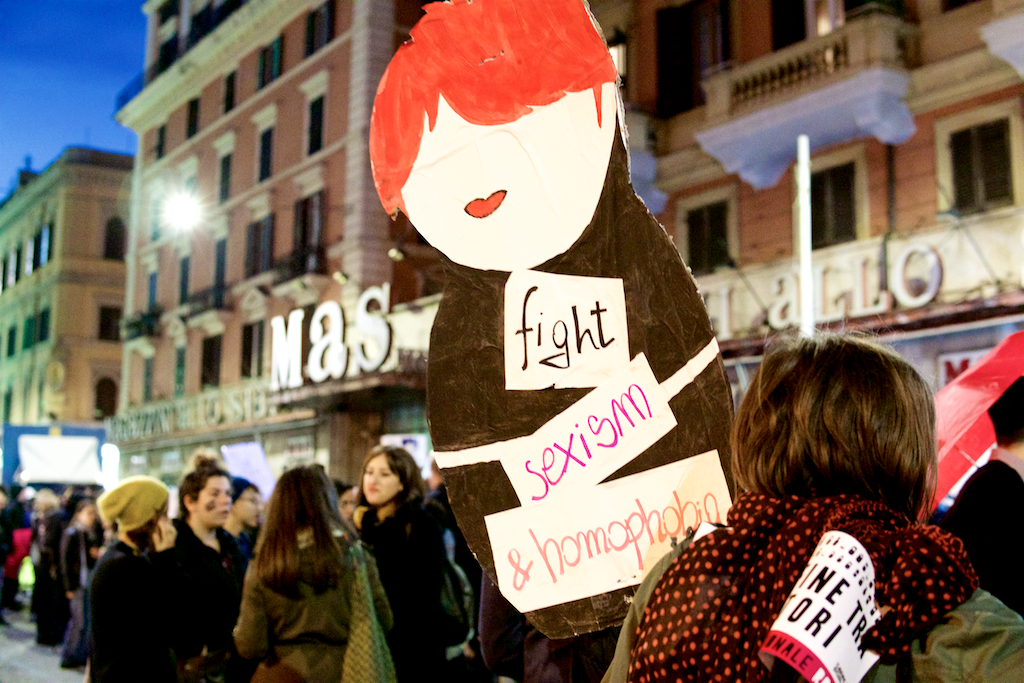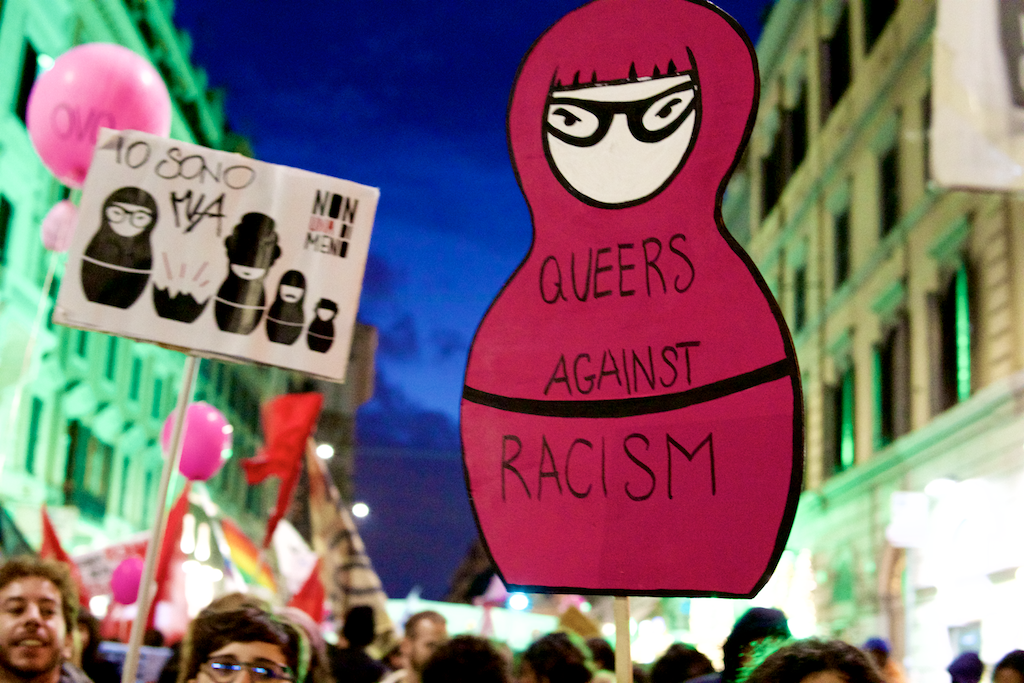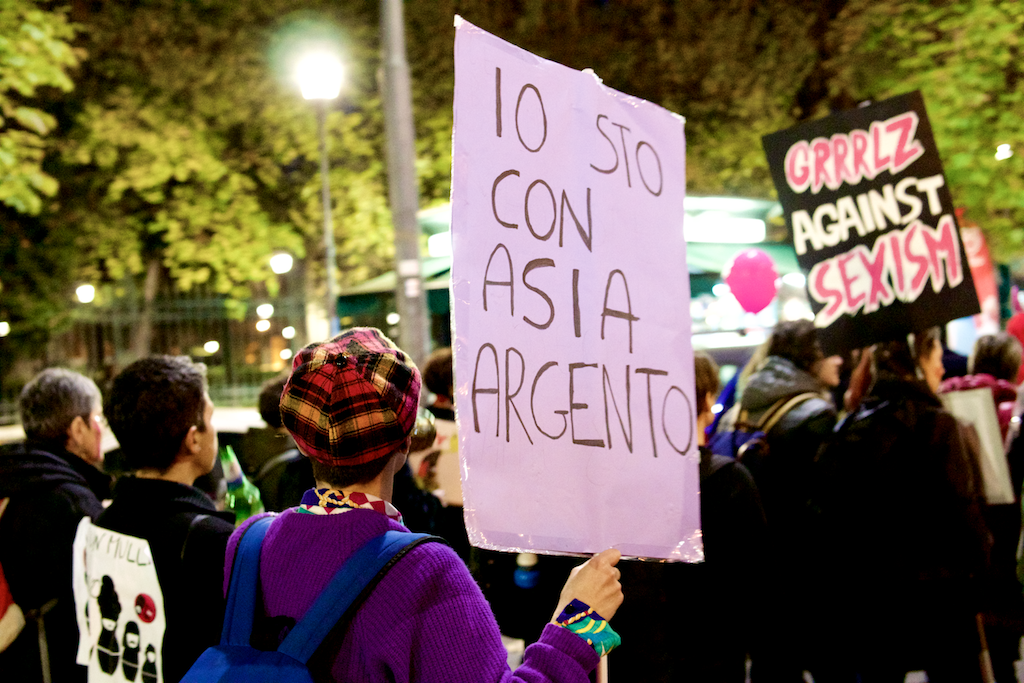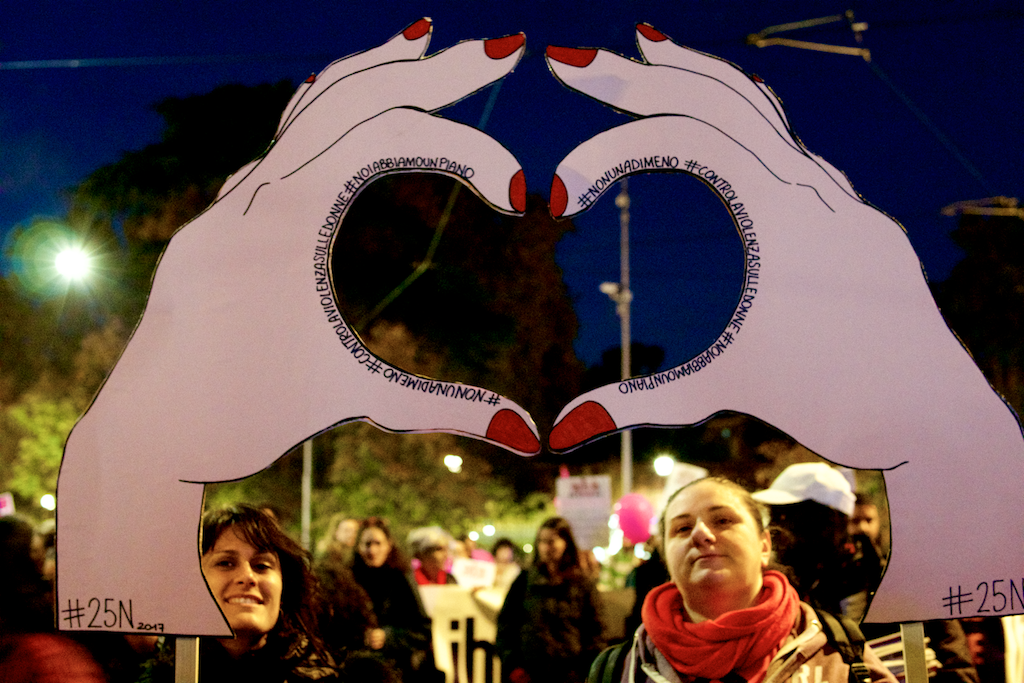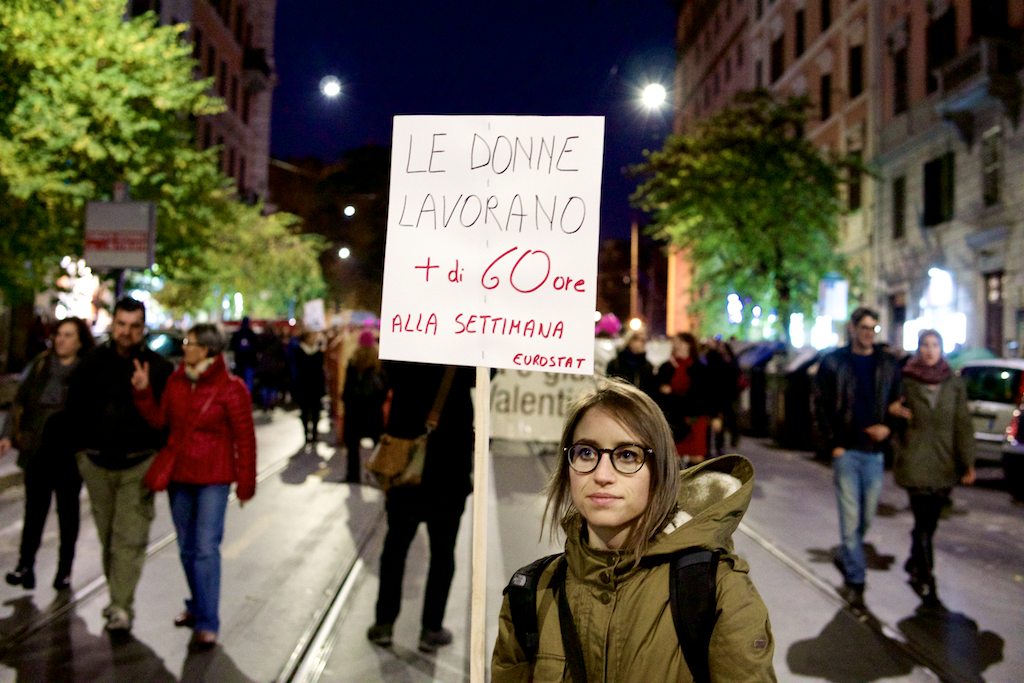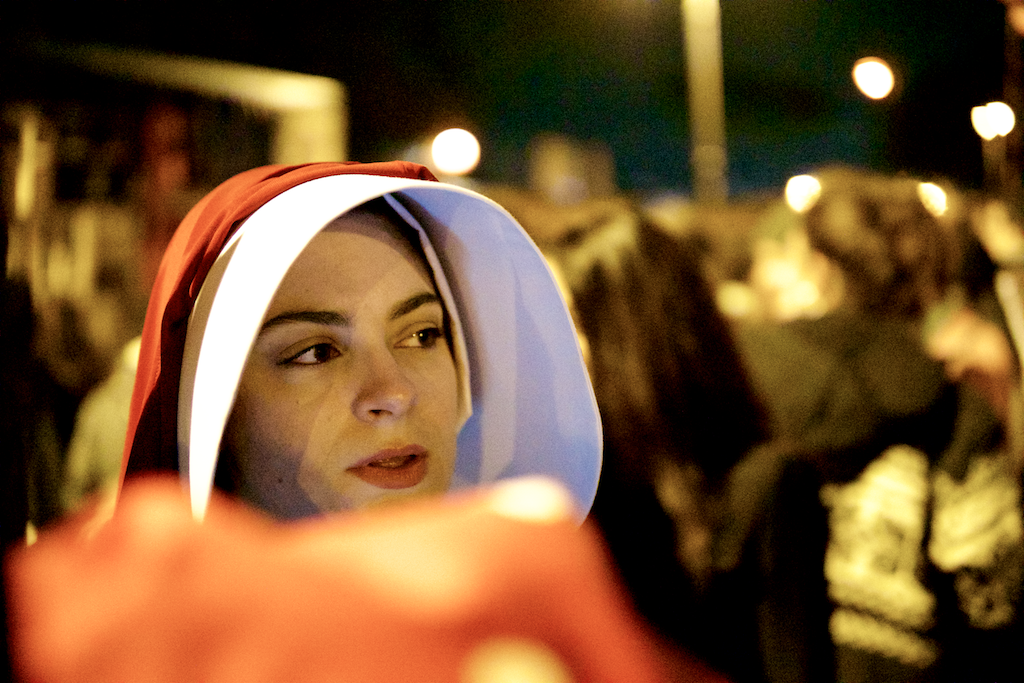MOVIMENTO
Not One Less: the tide becomes a storm
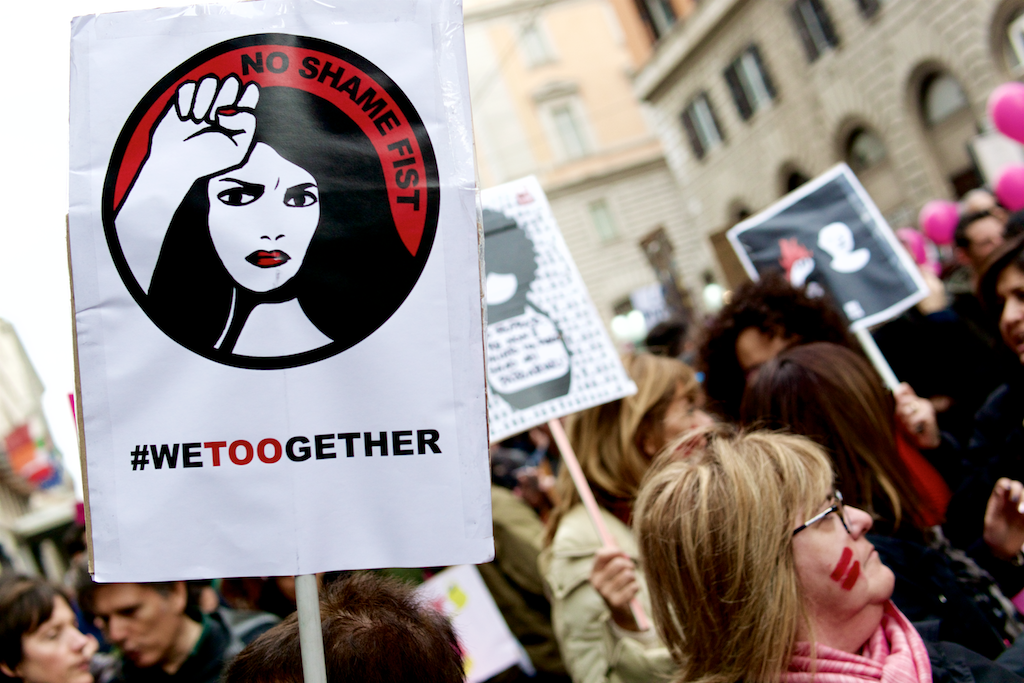
«We are 150 thousand». It has been a year since the beginning of the feminist movement Non Una Meno (Not One Less – Ni Una Menos), and today thousands of women flooded the streets of Rome again to demonstrate against gender violence. Three generations of women were in the streets, with a feminist plan written from below to radically transform a macho and patriarchal society. Sunday, 26th November, national assembly.
One year after the first demonstration that marked the explosion of the feminist movement, Not One Less (Non Una di Meno – Ni Una Menos) called for a national demonstration that filled the streets of the Italian capital. The day that was picked for demonstration, the 25th of November, is the global day for the ending of male violence against women. Hundreds of demonstrations were held around the world, especially in Europe and Latin America, with millions of people participating.
«Today, there was another great national demonstration, it wasn’t obvious at all. Buses were self-organised from 25 cities all around Italy. Not One Less (Non Una di Meno) is remaining the only large-scale social movement opposing the government’s policies and fighting for a radical transformation of society. But this year, we have a plan» says Ambra, an activist of the movement.
The demonstration was called on the basis of the ‘feminist plan for ending violence against women’, a document written in the last few months by the Italian feminist movement. The plan was presented last Wednesday in many different Italian cities, from North to South, all at the same time.
«In our society, violence is not an emergency but a structural phenomenon that is affecting our lives on many different levels. For this reason, and in contrast to the government’s anti-violence programme, our plan has a greater ambition: to radically transform our society and our life. This plan was written from below, by thousands of women, not behind closed doors, and together with the women’s centres against violence. The plan is organised around different issues that need to be faced seriously to deal with gender violence and violence against women», explains Marina, an activist of the movement.
Economic independence, Ru 486, the freedom to decide on our bodies, borders and racism, basic income, education and training, communication and narration: these are some of the main topics covered by the feminist plan to end gender violence. The plan has a holistic vision of the problem, completely different from the government’s agenda, and centres on the idea of preventing violence rather than repressing it.
«The plan is a complete and radical political proposal» – says Serena, a teacher and member of the collective Cattive Maestre (Bad Teachers), born against the government’s “Good School” reform.
«Violence is a social and cultural phenomenon. Repressive policies based on the identification of ad hoc enemies are instrumental, and above all, inefficient. For this reason, the movement has written a plan with an innovative approach, alternative to the one approved by the government».
Luisa, also a teacher and member of the ‘Bad Teachers’ collective, explains that «the plan is a declaration of war against the Guidelines of the Ministry of Education on ‘education and respect’, which were issued in the framework of the ‘Good School’ reform. Education is the most important tool for preventing violence. That is why we fight for a secular, anti-fascist and anti-sexist school».
At the centre of the feminist plan is the proposal for an income of self-determination. «We need new universal welfare instruments, such as basic income, which are not dependent on work performances. This is important first of all for women who are escaping violence, but also for everyone else, to ensure economic autonomy and the right to self-determination», adds Ambra.
During the demo, many interventions highlighted the intersectional perspective embraced by the movement, calling attention to the interweaving of different forms of oppression along gendered, class and racial lines.
Three generations of women took to the streets, together with many men. In any case, the mobilisation is far from over. Tomorrow, another national assembly will be held in the Faculty of Psychology at the University of Rome La Sapienza at 10 a.m. The assembly will discuss how the feminist plan can be translated into a direct strategy of action to intersect campaigns and mobilisations and put forward concrete demands as well as organise new general mobilisations.
Argentinian women have already launched the proposal to make the 8th March a world-wide day of strike and conflict. They called for the date to become more than just an empty ritual: a day for the needs and desires of women. «This afternoon it was supposed to rain and storm, but clouds moved away, and we have been the storm! We will keep going until our voice will be heard» one of the many women in the streets said with a smile.

